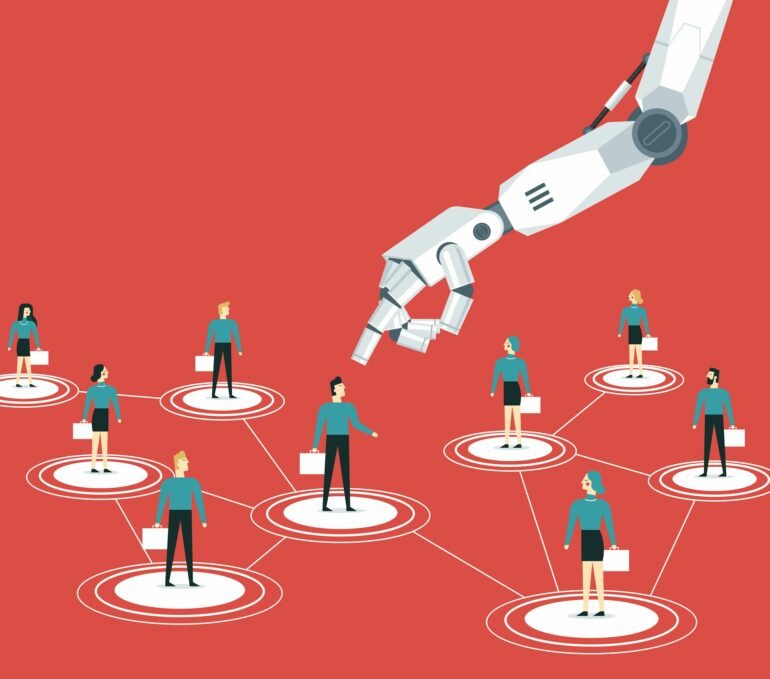Artificial intelligence’s capacity to process and analyze vast amounts of data has revolutionized decision-making processes, making operations in health care, finance, criminal justice and other sectors of society more efficient and, in many instances, more effective.
With this transformative power, however, comes a significant responsibility: the need to ensure that these technologies are developed and deployed in a manner that is equitable and just. In short, AI needs to be fair.
The pursuit of fairness in AI is not merely an ethical imperative but a requirement in order to foster trust, inclusivity and the responsible advancement of technology. However, ensuring that AI is fair is a major challenge. And on top of that, my research as a computer scientist who studies AI shows that attempts to ensure fairness in AI can have unintended consequences.
Why fairness in AI matters
Fairness in AI has emerged as a critical area of focus for researchers, developers and policymakers. It transcends technical achievement, touching on ethical, social and legal dimensions of the technology.
Ethically, fairness is a cornerstone of building trust and acceptance of AI systems. People need to trust that AI decisions that affect their lives – for example, hiring algorithms – are made equitably. Socially, AI systems that embody fairness can help address and mitigate historical biases – for example, those against women and minorities – fostering inclusivity. Legally, embedding fairness in AI systems helps bring those systems into alignment with anti-discrimination laws and regulations around the world.
Unfairness can stem from two primary sources: the input data and the algorithms. Research has shown that input data can perpetuate bias in various sectors of society. For example, in hiring, algorithms processing data that reflects societal prejudices or lacks diversity can perpetuate “like me” biases. These biases favor candidates who are similar to the decision-makers or those already in an organization. When biased data is then used to train a machine learning algorithm to aid a decision-maker, the algorithm can propagate and even amplify these biases.
Why fairness in AI is hard
Fairness is inherently subjective, influenced by cultural, social and personal perspectives. In the context of AI, researchers, developers and policymakers often translate fairness to the idea that algorithms should not perpetuate or exacerbate existing biases or inequalities.
However, measuring fairness and building it into AI systems is fraught with subjective decisions and technical difficulties. Researchers and policymakers have proposed various definitions of fairness, such as demographic parity, equality of opportunity and individual fairness.
Why the concept of algorithmic fairness is so challenging.
These definitions involve different mathematical formulations and underlying…
